Home>Articles>How Long Does Cooked Salmon Last In Refrigerator
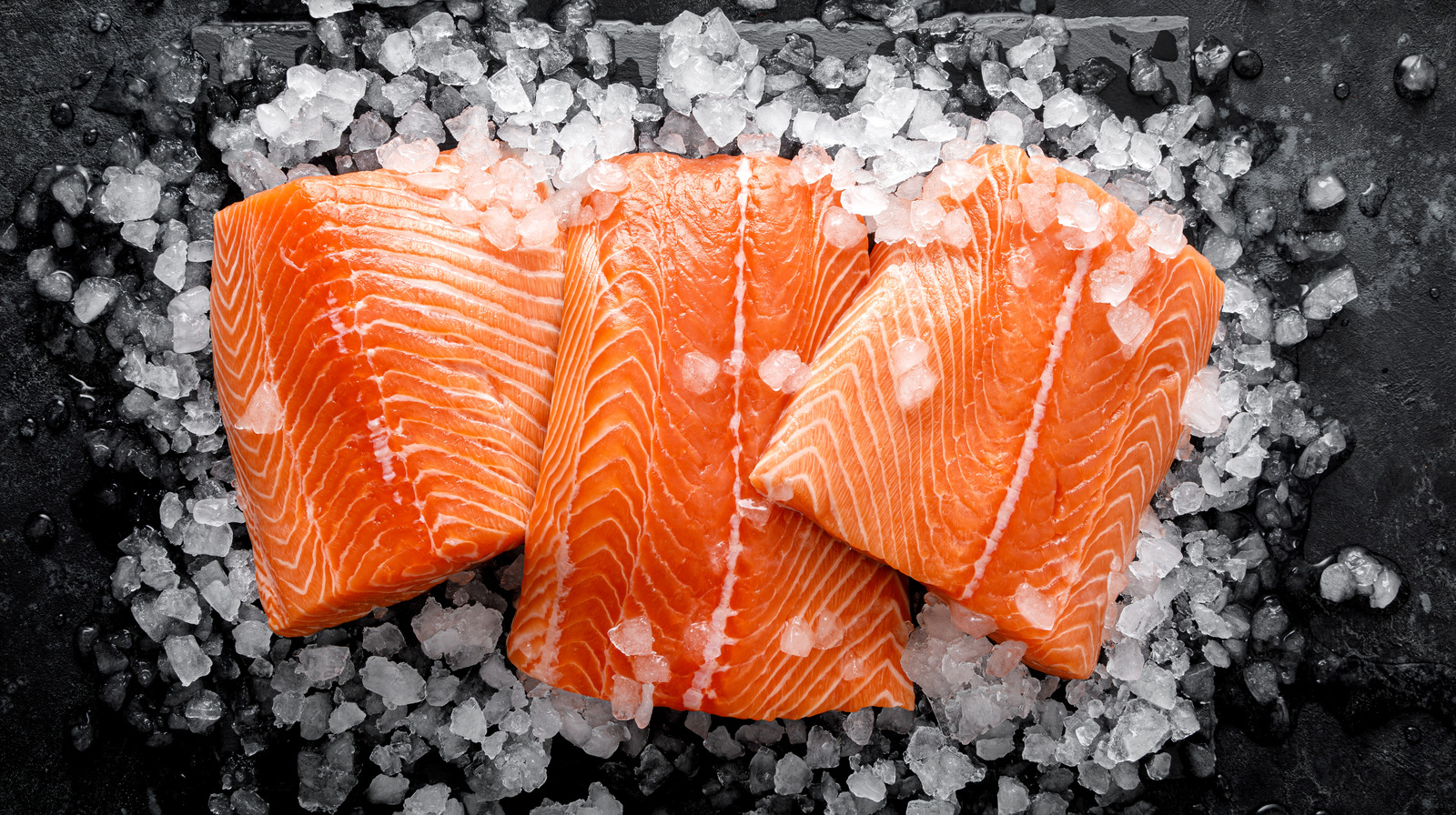

Articles
How Long Does Cooked Salmon Last In Refrigerator
Modified: February 24, 2024
Discover how long cooked salmon can last in the refrigerator and keep your delicious meals fresh and safe. Read our informative articles on proper storage and handling techniques.
(Many of the links in this article redirect to a specific reviewed product. Your purchase of these products through affiliate links helps to generate commission for Storables.com, at no extra cost. Learn more)
Introduction
Welcome to our guide on how long cooked salmon lasts in the refrigerator! Salmon is a delicious and nutritious seafood option that can be enjoyed in various ways, from grilling and baking to poaching and pan-searing. Whether you’ve cooked up a fresh fillet for a weeknight dinner or have leftovers from a special occasion, knowing how long you can safely store cooked salmon is essential for avoiding food waste and ensuring food safety.
Cooked salmon, like any other perishable food, can spoil over time if not stored properly. The shelf life of cooked salmon varies depending on several factors, including the quality of the fish, the method of cooking, and the storage conditions. In this article, we will explore the different factors that can affect the shelf life of cooked salmon and provide some tips on how to maximize its freshness.
Understanding these factors and following the recommended storage guidelines will help you enjoy your cooked salmon for as long as possible, without compromising its taste or safety. So, let’s dive in and learn more about how to keep your cooked salmon fresh and delicious!
Key Takeaways:
- Properly stored cooked salmon can last 3 to 4 days in the refrigerator, but signs of spoilage should be monitored. Freezing extends shelf life to 2 to 3 months, with proper packaging and labeling.
- To maximize cooked salmon’s shelf life, cool it properly, store in airtight containers, maintain consistent refrigerator temperature, and follow safe reheating practices. Be mindful of signs of spoilage and consume within recommended timeframes.
Read more: How Long Does Cooked Salmon Last In Freezer
Factors that affect the shelf life of cooked salmon
Several factors can influence how long cooked salmon remains fresh and safe to eat. It’s essential to consider these factors to ensure you store your cooked salmon properly and consume it before it spoils. Here are some key factors that can affect the shelf life of cooked salmon:
- Quality of the salmon: The freshness and quality of the salmon before cooking will impact its shelf life after being cooked. If you start with fresh, high-quality salmon, it will have a longer shelf life compared to salmon that has been sitting in the fridge for a while.
- Method of cooking: The way you cook your salmon can also influence its shelf life. If you cook it at high temperatures, such as grilling or broiling, it may have a shorter shelf life compared to salmon that is poached or baked at lower temperatures. Higher heat can accelerate the deterioration of the fish.
- Storage temperature: Proper storage temperature is crucial for maintaining the freshness of cooked salmon. Salmon should be stored at a temperature below 40 degrees Fahrenheit (4 degrees Celsius) to slow down bacterial growth. Keep in mind that the temperature of your refrigerator should be consistently cold.
- Storage container: Choosing the right storage container is important to preserve the quality of the cooked salmon. Opt for an airtight container or wrap the salmon tightly with plastic wrap to prevent air and moisture from entering. This will help prevent the salmon from drying out and keep it fresher for longer.
- Handling and cross-contamination: Proper handling is essential to avoid cross-contamination and the growth of harmful bacteria. Always wash your hands before handling cooked salmon and ensure that utensils and surfaces are clean. Avoid using the same utensils or cutting board that were used for raw fish to prevent the spread of bacteria.
By considering these factors and implementing proper storage practices, you can extend the shelf life of your cooked salmon and enjoy it for longer periods without compromising taste or safety. In the next section, we will discuss the proper storage guidelines for cooked salmon to help you maximize its freshness.
Proper storage of cooked salmon
To ensure the longevity and quality of cooked salmon, it’s crucial to store it correctly. Proper storage will help minimize the risk of bacterial growth, maintain the flavor and texture, and prevent the salmon from spoiling prematurely. Here are some guidelines for storing cooked salmon:
- Cooling properly: After cooking salmon, allow it to cool before placing it in the refrigerator. Cool the salmon at room temperature for about 30 minutes, and then transfer it to the refrigerator within two hours of cooking.
- Airtight containers or wrapping: Place the cooled salmon in an airtight container or wrap it tightly in plastic wrap. This helps prevent air exposure, which can cause the salmon to dry out and deteriorate more rapidly.
- Labeling and dating: To keep track of the storage time, label the container or plastic wrap with the date that the salmon was cooked. This will help you monitor its freshness and know when to consume it by.
- Refrigerator placement: Store the cooked salmon in the coldest part of the refrigerator, such as the bottom shelf or the meat drawer. This will maintain a consistently cold temperature and reduce the risk of bacterial growth.
- Separate from strong-smelling foods: To avoid the transfer of flavors and odors, store the cooked salmon away from strong-smelling foods, such as onions, garlic, or pungent cheeses. This will help preserve the natural flavor of the salmon.
By following these storage guidelines, you can ensure that your cooked salmon stays fresh and delicious for an extended period. However, it’s important to note that even with proper storage, cooked salmon will eventually spoil. In the next section, we’ll discuss the signs of spoilage in cooked salmon to help you identify when it’s time to discard it.
Signs of spoilage in cooked salmon
While properly stored cooked salmon can last for a certain period in the refrigerator, it’s essential to be aware of the signs of spoilage. Consuming spoiled salmon can lead to foodborne illnesses, so it’s crucial to be able to identify when the salmon has gone bad. Here are some common signs of spoilage in cooked salmon:
- Unpleasant odor: One of the first indicators of spoiled salmon is a strong, unpleasant odor. If the salmon emits a sour or fishy smell, even after being cooked, it’s likely no longer safe to consume.
- Changes in texture: Fresh cooked salmon should have a firm texture. If you notice any sliminess, mushiness, or a significant change in texture, it may indicate that the salmon has started to spoil.
- Discoloration: Cooked salmon should have a vibrant pink or orange color. If you observe any browning, grayness, or other unusual discoloration, it could be a sign that the salmon has deteriorated.
- Mold or bacterial growth: If you notice any mold or visible signs of bacterial growth on the surface of the cooked salmon, it’s a definite indication of spoilage. Discard the salmon immediately to avoid the risk of foodborne illness.
- Taste: Spoiled salmon will often have an off or bitter taste. If the salmon tastes unusual or unpleasant, it’s best to err on the side of caution and avoid consuming it.
It’s important to note that these signs of spoilage can vary depending on the specific circumstances, such as storage conditions and the age of the cooked salmon. If you’re ever unsure about the freshness or safety of the salmon, it’s better to discard it rather than risk getting sick.
Now that we’ve discussed the signs of spoilage, let’s move on to the next section, where we’ll answer the burning question: how long does cooked salmon actually last in the refrigerator?
Cooked salmon can last in the refrigerator for 3-4 days if stored properly in an airtight container. Make sure to consume it within this time frame to ensure freshness and safety.
How long does cooked salmon last in the refrigerator?
The shelf life of cooked salmon in the refrigerator can vary depending on several factors, as mentioned earlier. However, as a general guideline, properly stored cooked salmon can last for approximately 3 to 4 days in the refrigerator.
It’s important to keep in mind that this timeframe is not set in stone, and the actual freshness can differ based on the quality of the salmon, the method of cooking, and the specific storage conditions. If you have doubts about the freshness of the salmon, it’s always best to rely on your senses and look for any signs of spoilage (as mentioned earlier) before consuming it.
Additionally, certain factors might affect the shelf life of cooked salmon. For instance:
- Quality of the salmon: Fresh, high-quality salmon will generally last longer compared to less fresh or lower-quality salmon.
- Storage conditions: Keeping your refrigerator at a consistent, cold temperature below 40°F (4°C) and storing the salmon properly in airtight containers or wrapping it tightly will help extend its shelf life.
Keep in mind that these guidelines are for refrigerated storage. If you wish to keep the cooked salmon for a longer period, storing it in the freezer is a viable option. By properly packaging the salmon in airtight containers or freezer-safe bags, you can prolong its freshness for around 2 to 3 months in the freezer.
It’s important to note that freezing and thawing cooked salmon can affect its texture and quality, so it’s best to consume it as soon as possible after thawing. Additionally, it’s advisable to label the storage containers or bags with the date of freezing to keep track of its freshness.
Now that you know how long cooked salmon can last in the refrigerator, let’s explore some tips on maximizing its shelf life.
Read more: How Long Does A Refrigerator Last
Tips for maximizing the shelf life of cooked salmon
To ensure that your cooked salmon stays fresh and safe for as long as possible, here are some helpful tips to maximize its shelf life:
- Cook salmon soon after purchasing: If possible, cook the salmon as soon as you bring it home from the store. The fresher the salmon, the longer it will stay fresh even after cooking.
- Properly cool the salmon: Allow the cooked salmon to cool down at room temperature for about 30 minutes before refrigerating it. Rapid cooling can lead to condensation, which can promote bacterial growth and spoilage.
- Store in airtight containers: Transfer the cooled salmon to airtight containers or wrap it tightly in plastic wrap to prevent air exposure, which can cause the salmon to dry out and spoil more quickly.
- Keep the refrigerator temperature consistent: Maintain a constant temperature below 40°F (4°C) in your refrigerator to slow down the growth of bacteria. Avoid frequent temperature fluctuations by not leaving the refrigerator door open for extended periods.
- Don’t mix cooked and raw fish: To prevent cross-contamination and the potential spread of harmful bacteria, store cooked salmon separately from raw fish in the refrigerator.
- Reheat properly: When reheating cooked salmon, ensure it reaches a safe internal temperature of 145°F (63°C) to kill any bacteria that might have accumulated during storage.
- Consume within the recommended timeframe: While cooked salmon can last for several days in the refrigerator, it’s best to consume it within 3 to 4 days to ensure optimal taste and freshness.
- If in doubt, throw it out: If you notice any signs of spoilage, such as an off smell, unusual texture, or discoloration, do not risk consuming the salmon. It’s better to discard it to avoid foodborne illnesses.
By following these tips, you can maximize the shelf life of your cooked salmon and ensure that it remains safe and delicious for as long as possible. Remember, proper storage and handling are key to maintaining the quality of your cooked salmon.
Summary
Cooked salmon can last for approximately 3 to 4 days in the refrigerator when stored properly. Factors such as the quality of the salmon, cooking method, storage conditions, and proper handling can influence its shelf life. It’s important to be aware of signs of spoilage, such as odor, texture changes, discoloration, and mold. Freezing is also an option to extend the shelf life, with a recommended storage time of 2 to 3 months. By following the tips provided, you can maximize the freshness and safety of your cooked salmon, ensuring a delightful dining experience.
Summary
In summary, cooked salmon can last for approximately 3 to 4 days in the refrigerator when stored properly. Several factors can affect its shelf life, including the quality of the fish, the cooking method, and the storage conditions. It’s essential to be aware of signs of spoilage, such as a foul odor, changes in texture, discoloration, and the presence of mold. Freezing is an option to extend the shelf life, with a recommended storage time of 2 to 3 months.
To maximize the shelf life of cooked salmon, remember to cool it properly before refrigeration, store it in airtight containers or wrap it tightly in plastic wrap, and maintain a consistent refrigerator temperature below 40°F (4°C). Avoid mixing cooked salmon with raw fish to prevent cross-contamination. When reheating, ensure the salmon reaches a safe internal temperature of 145°F (63°C).
It’s important to consume cooked salmon within the recommended timeframe to ensure optimal taste and freshness. If you notice any signs of spoilage, it’s best to discard the salmon to avoid foodborne illnesses.
Overall, by following proper storage guidelines, practicing good food safety measures, and being mindful of the signs of spoilage, you can enjoy your cooked salmon for longer periods and minimize food waste.
Frequently Asked Questions about How Long Does Cooked Salmon Last In Refrigerator
Was this page helpful?
At Storables.com, we guarantee accurate and reliable information. Our content, validated by Expert Board Contributors, is crafted following stringent Editorial Policies. We're committed to providing you with well-researched, expert-backed insights for all your informational needs.
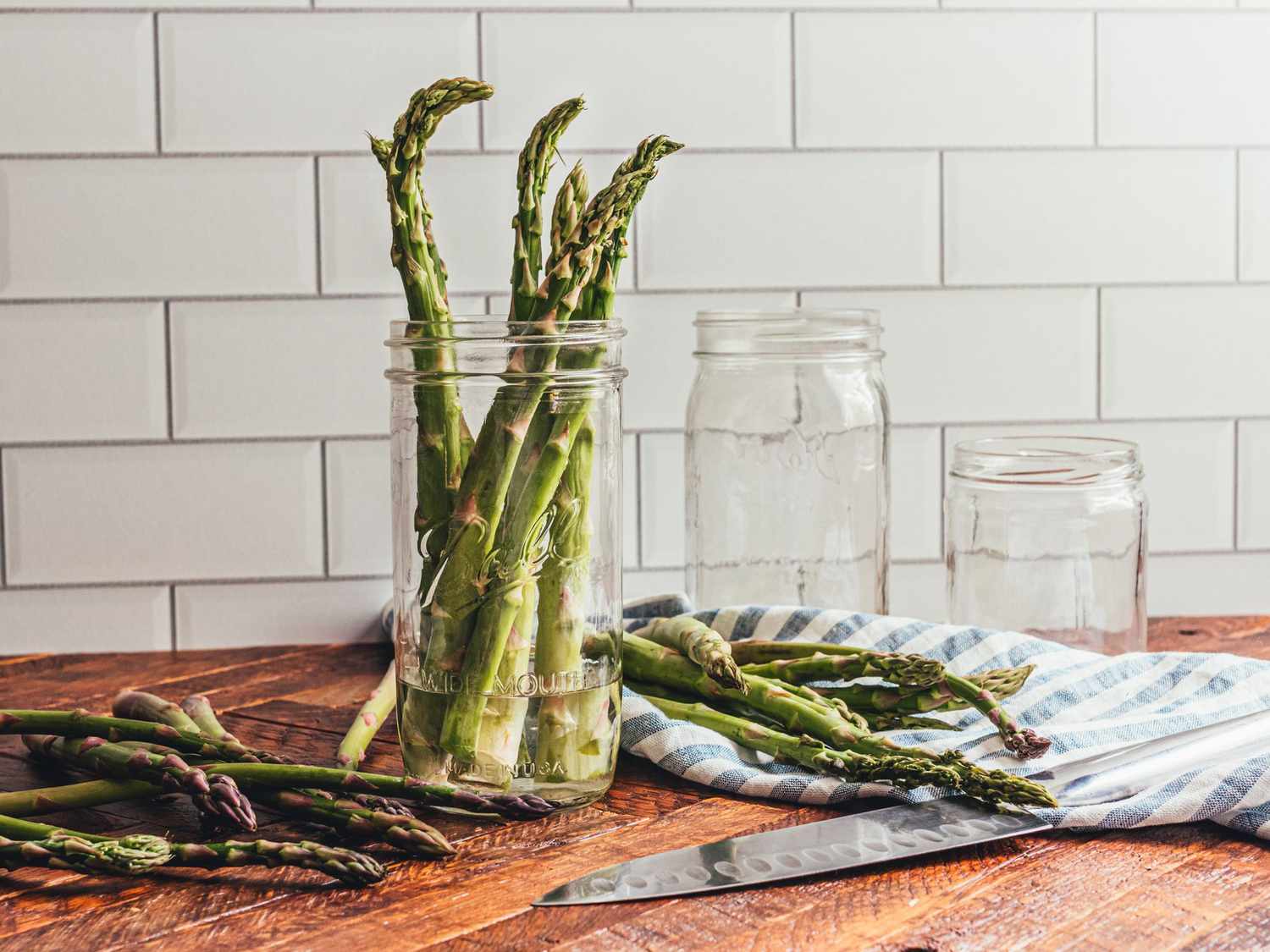
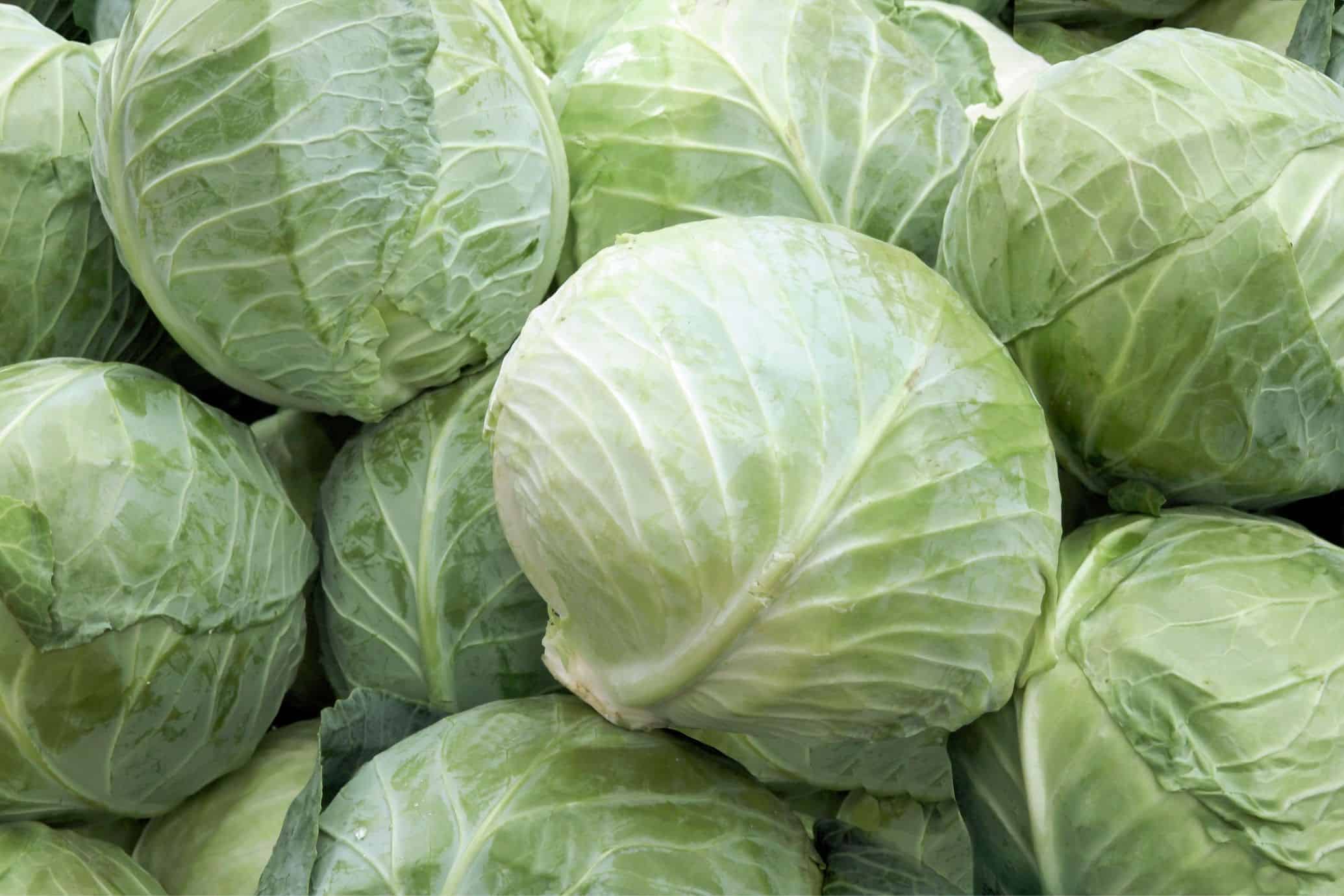
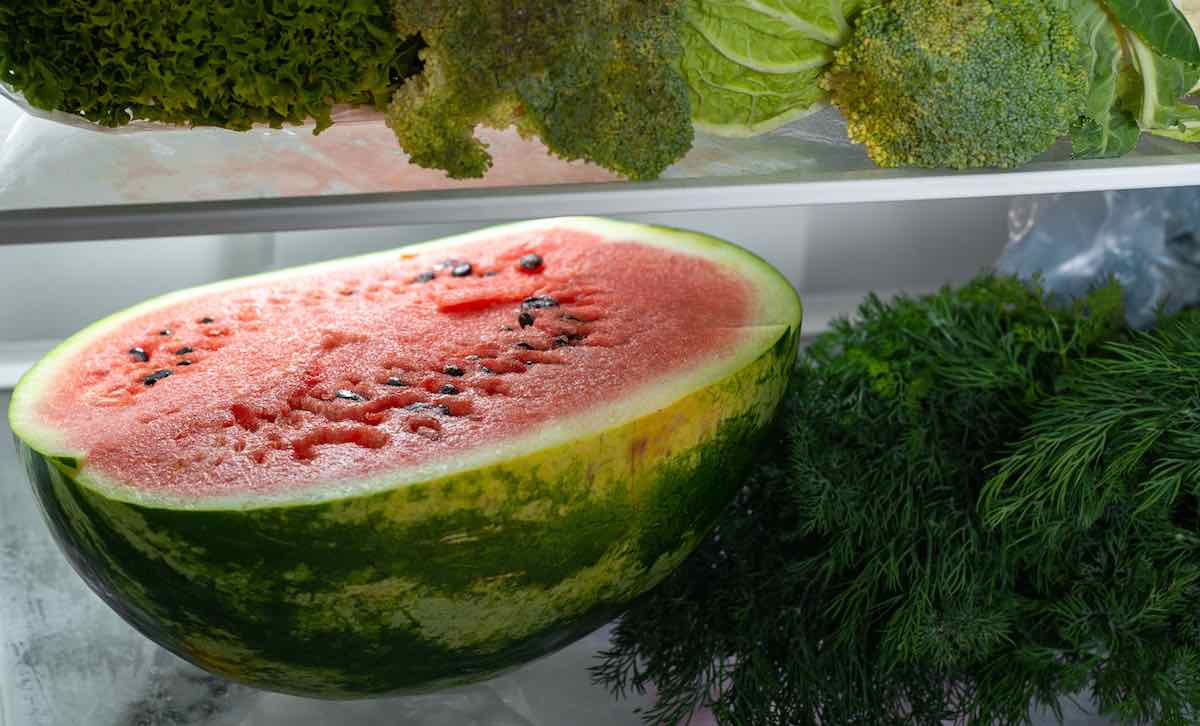
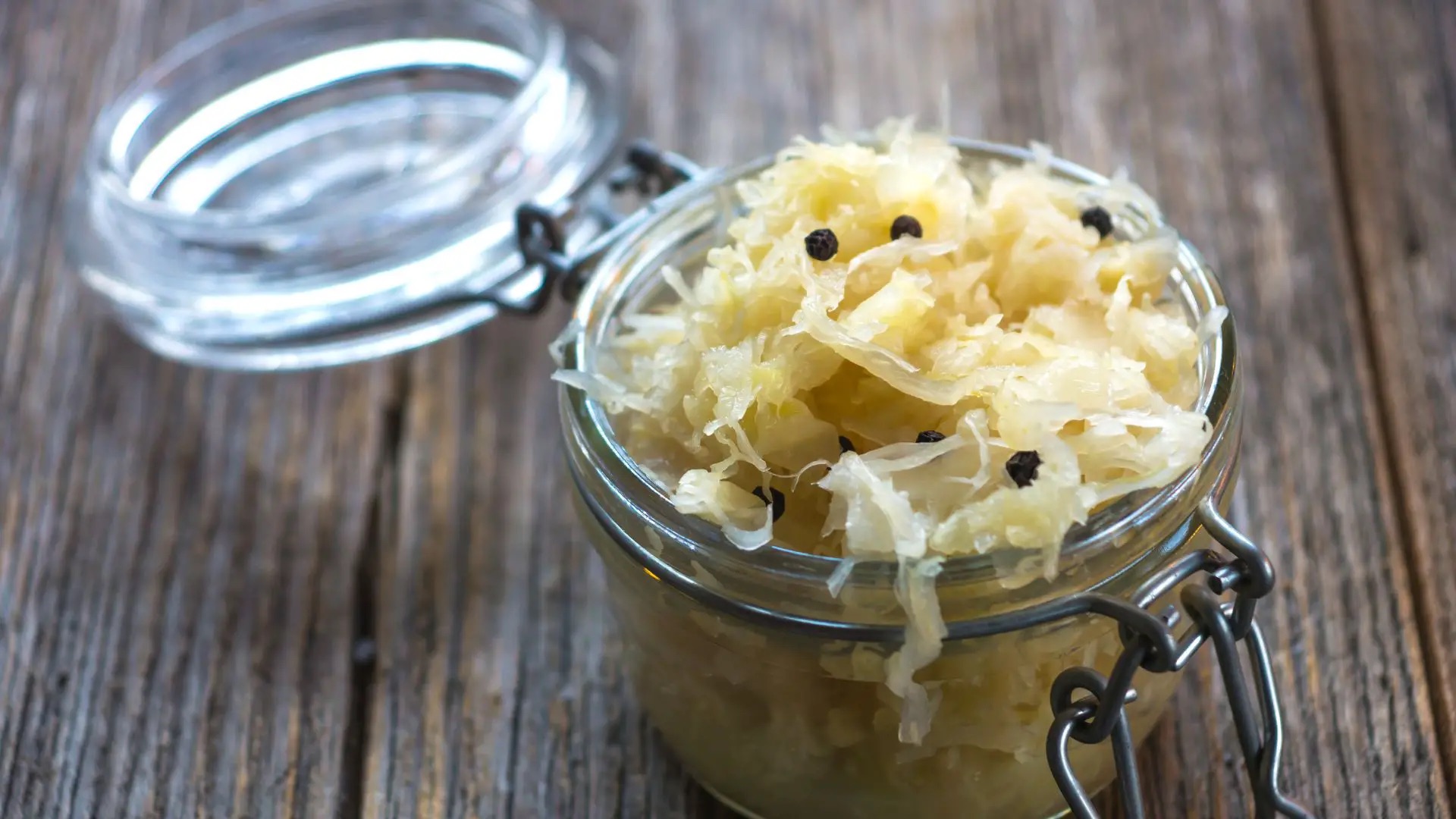
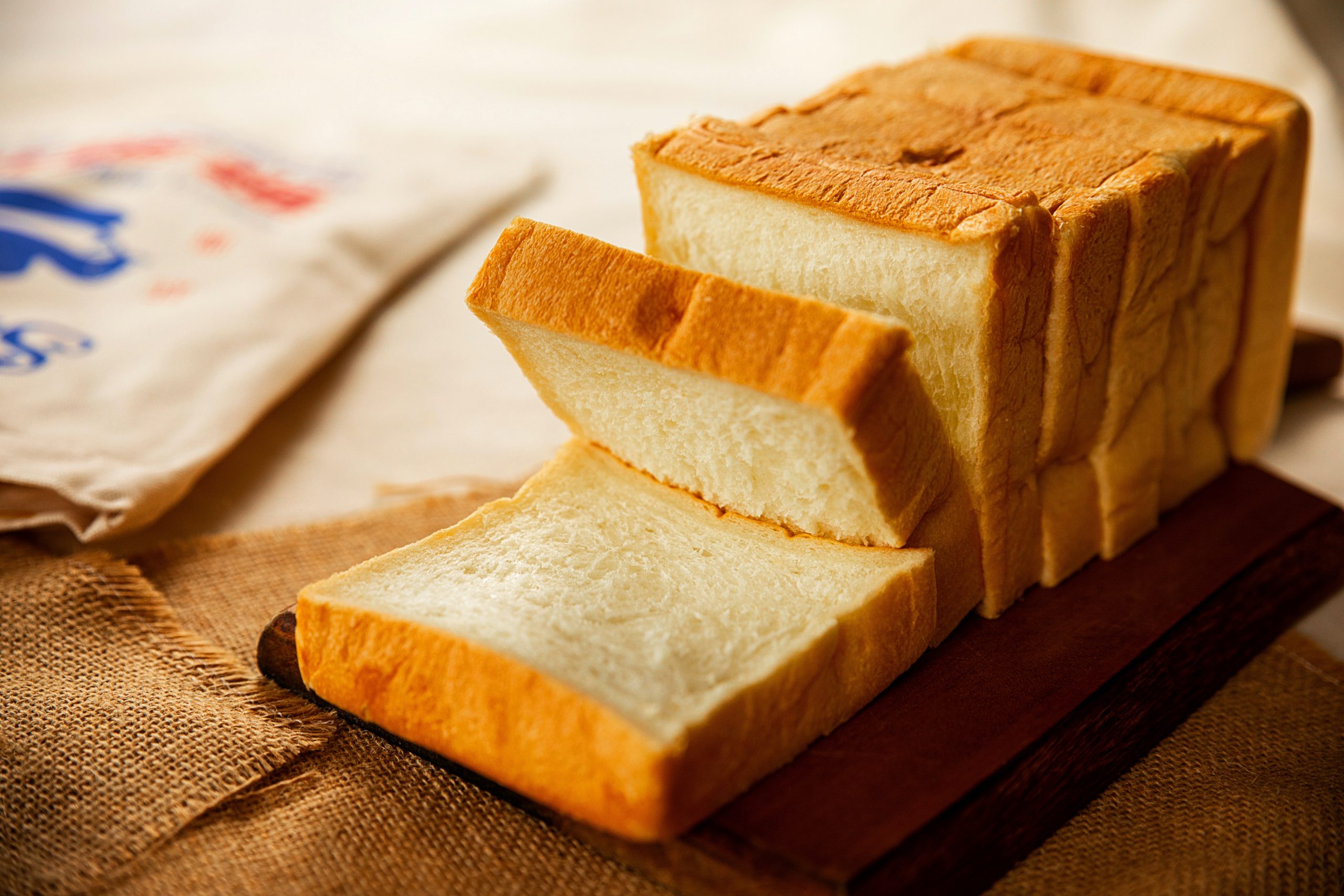
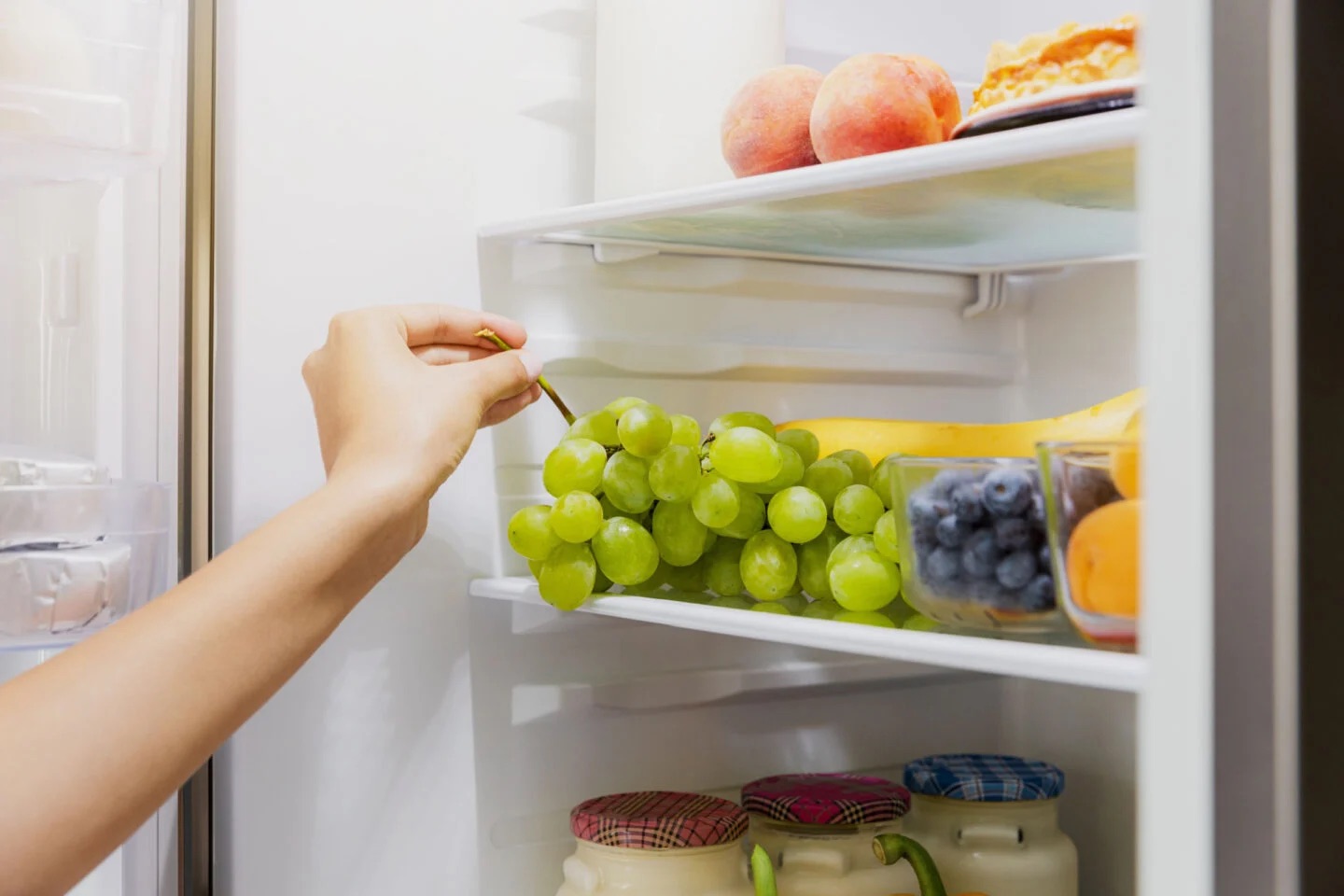
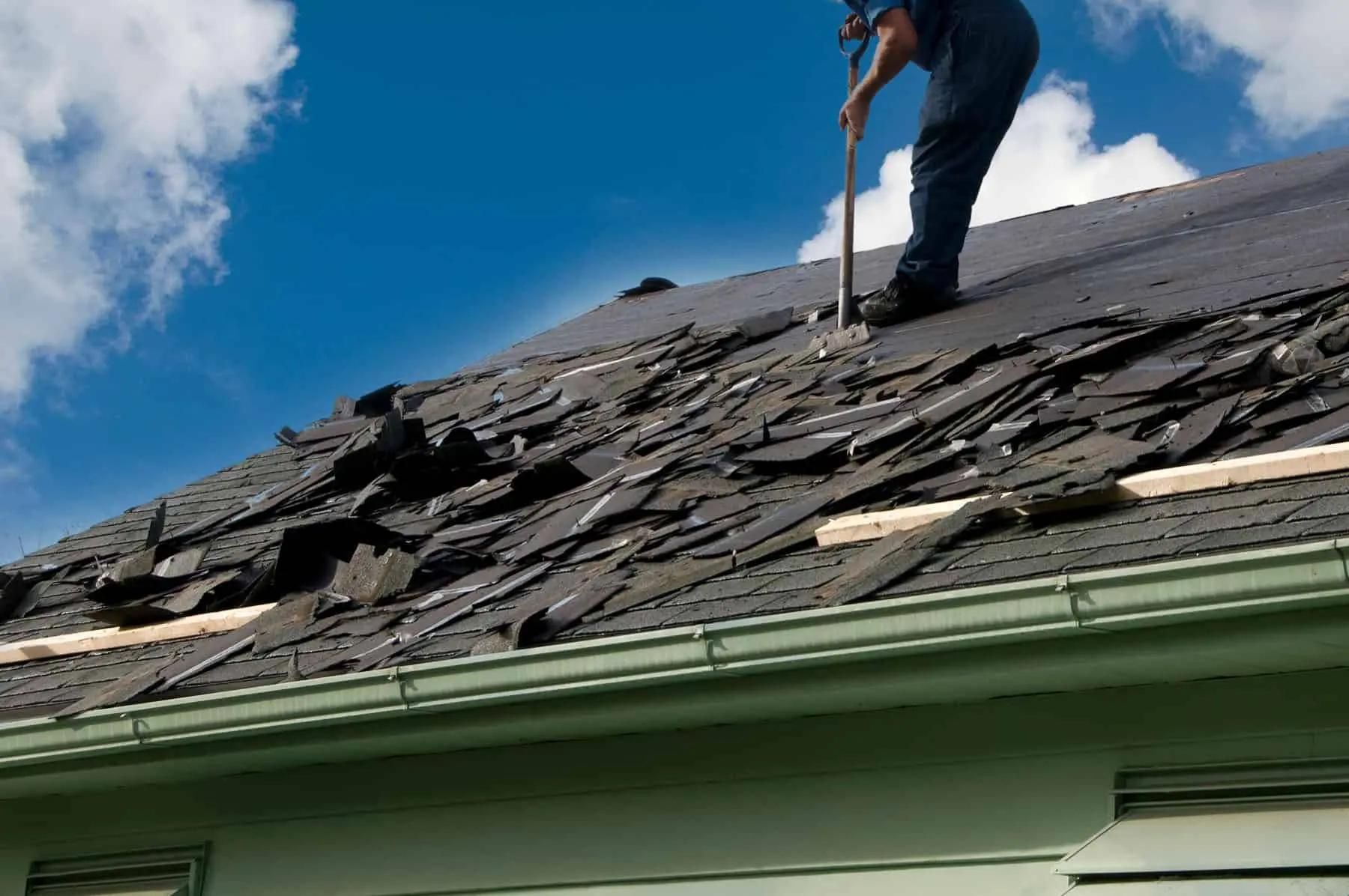
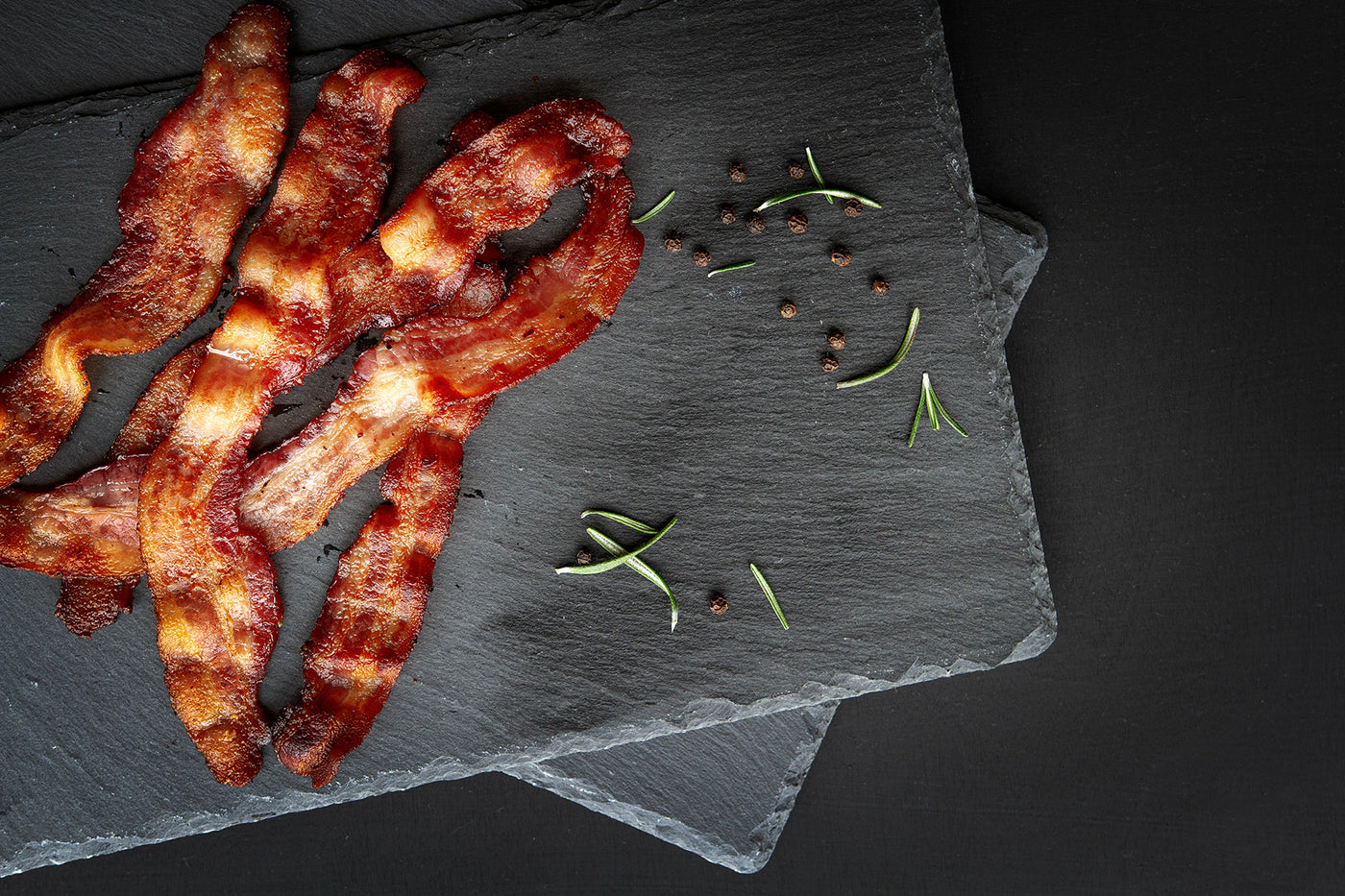
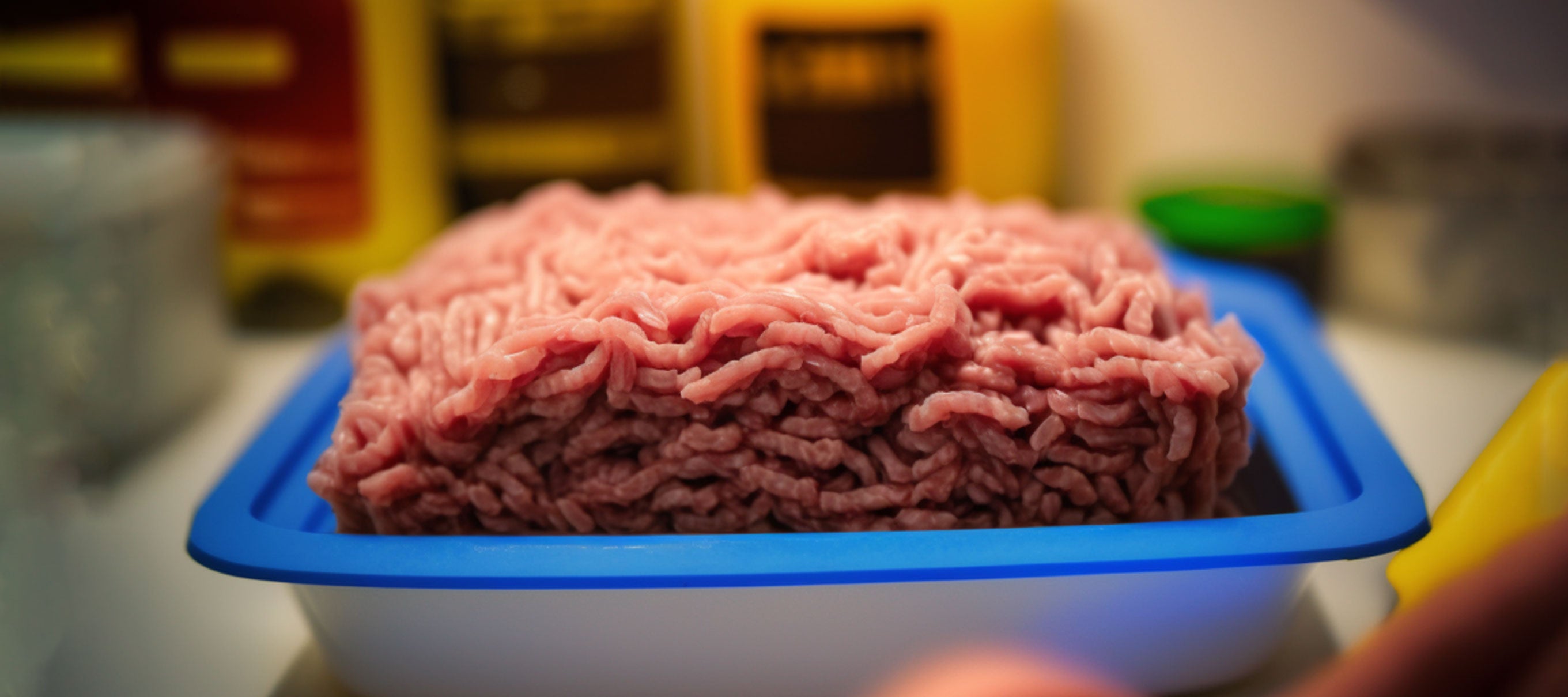
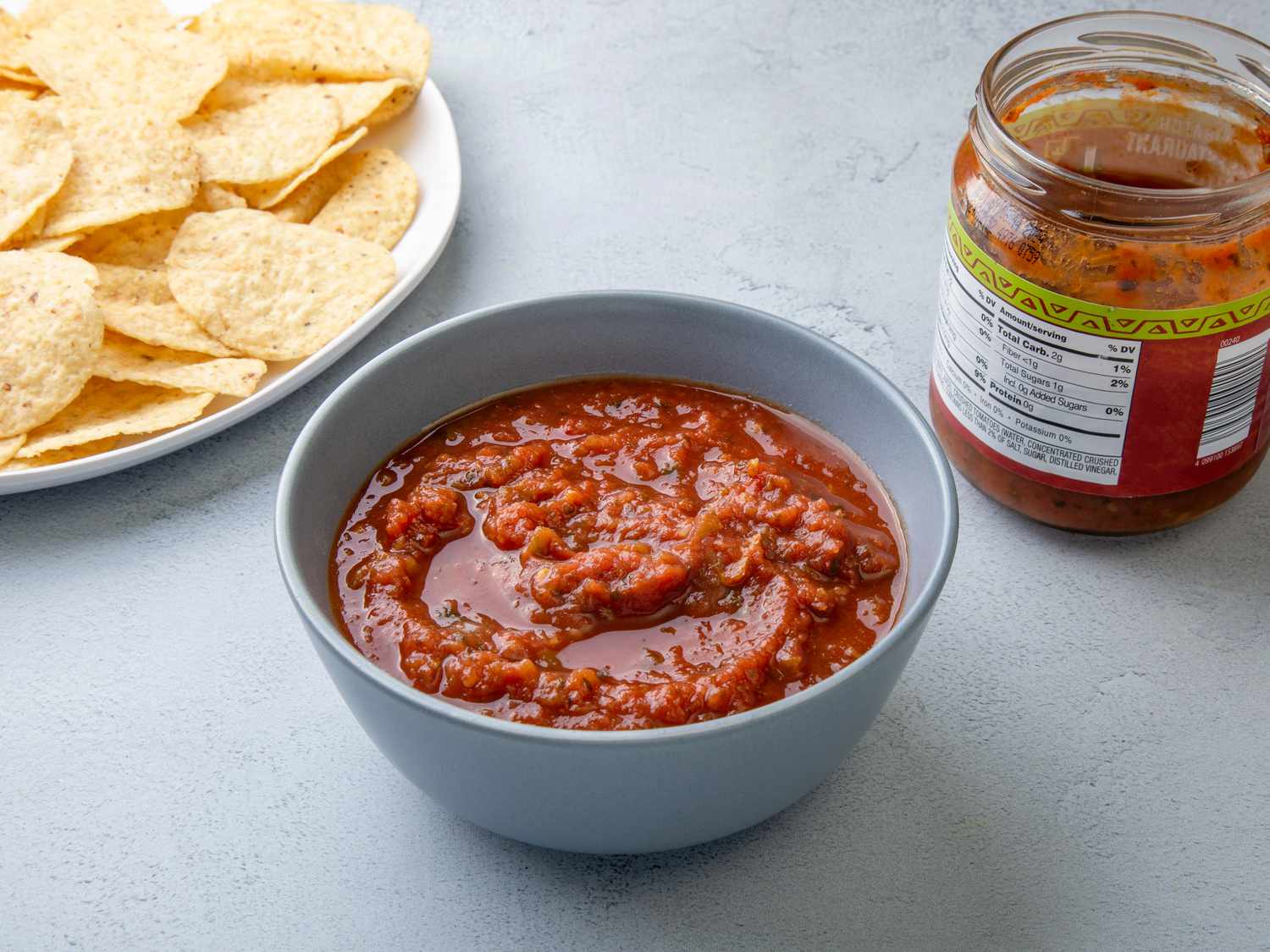
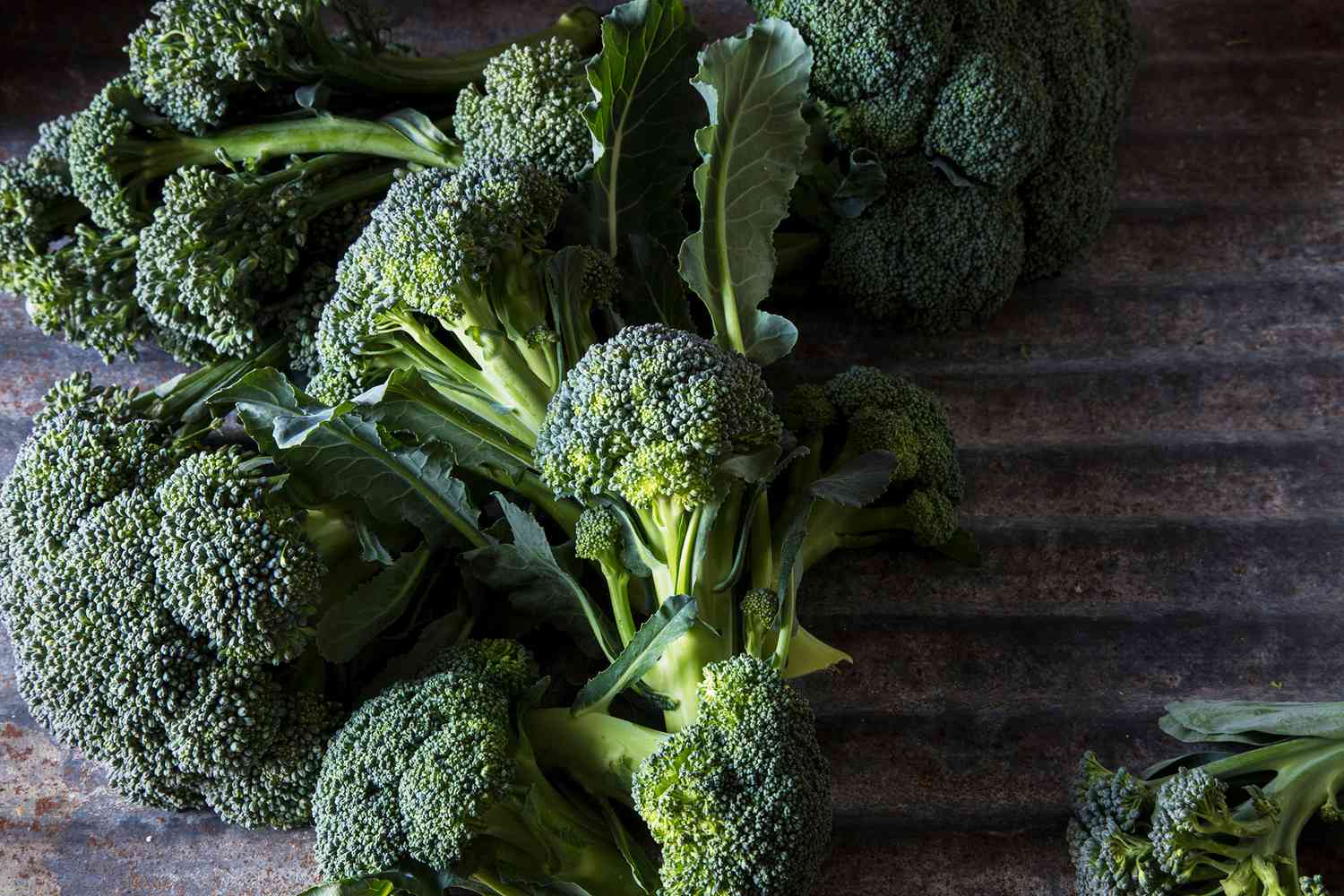
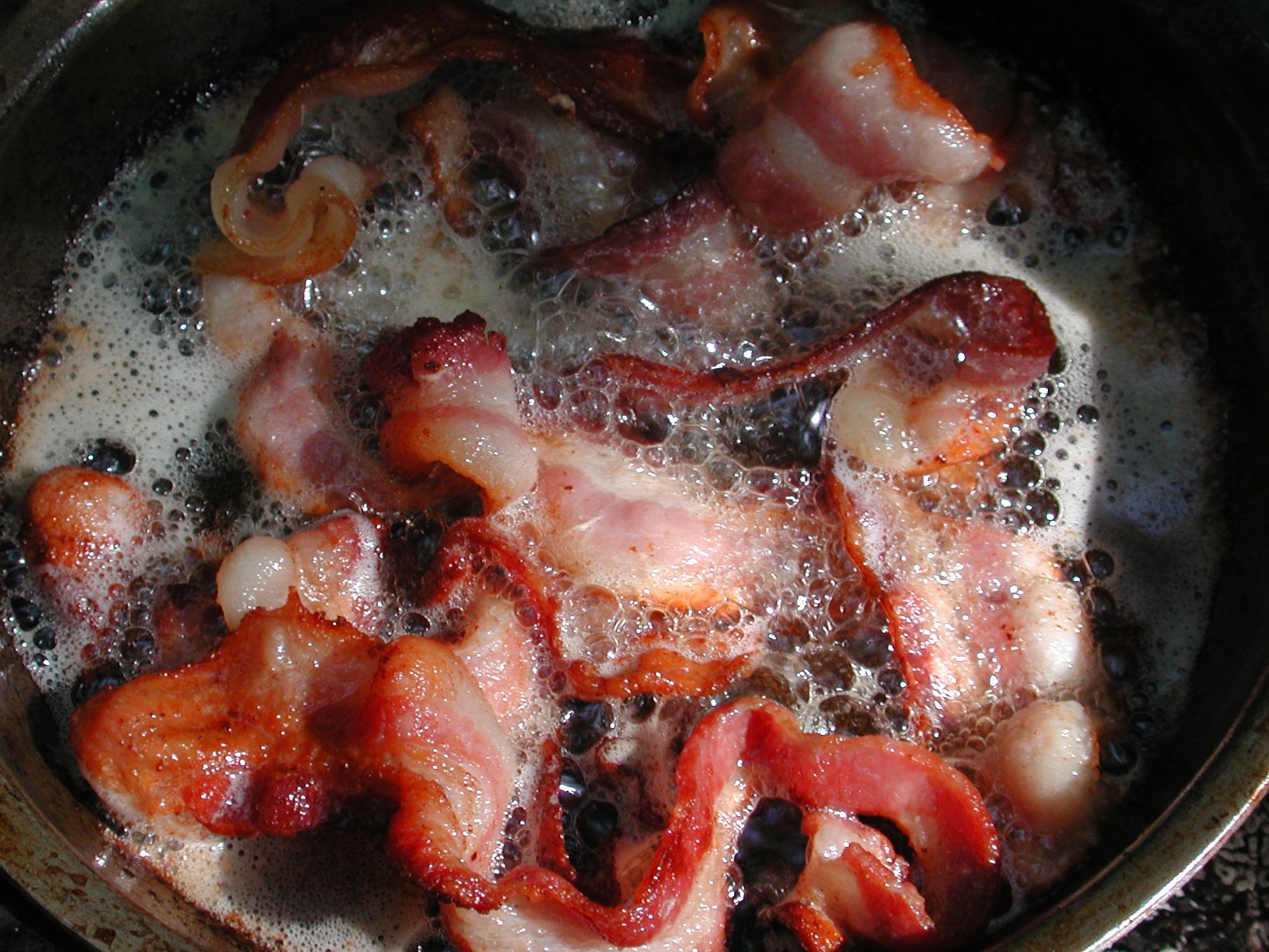
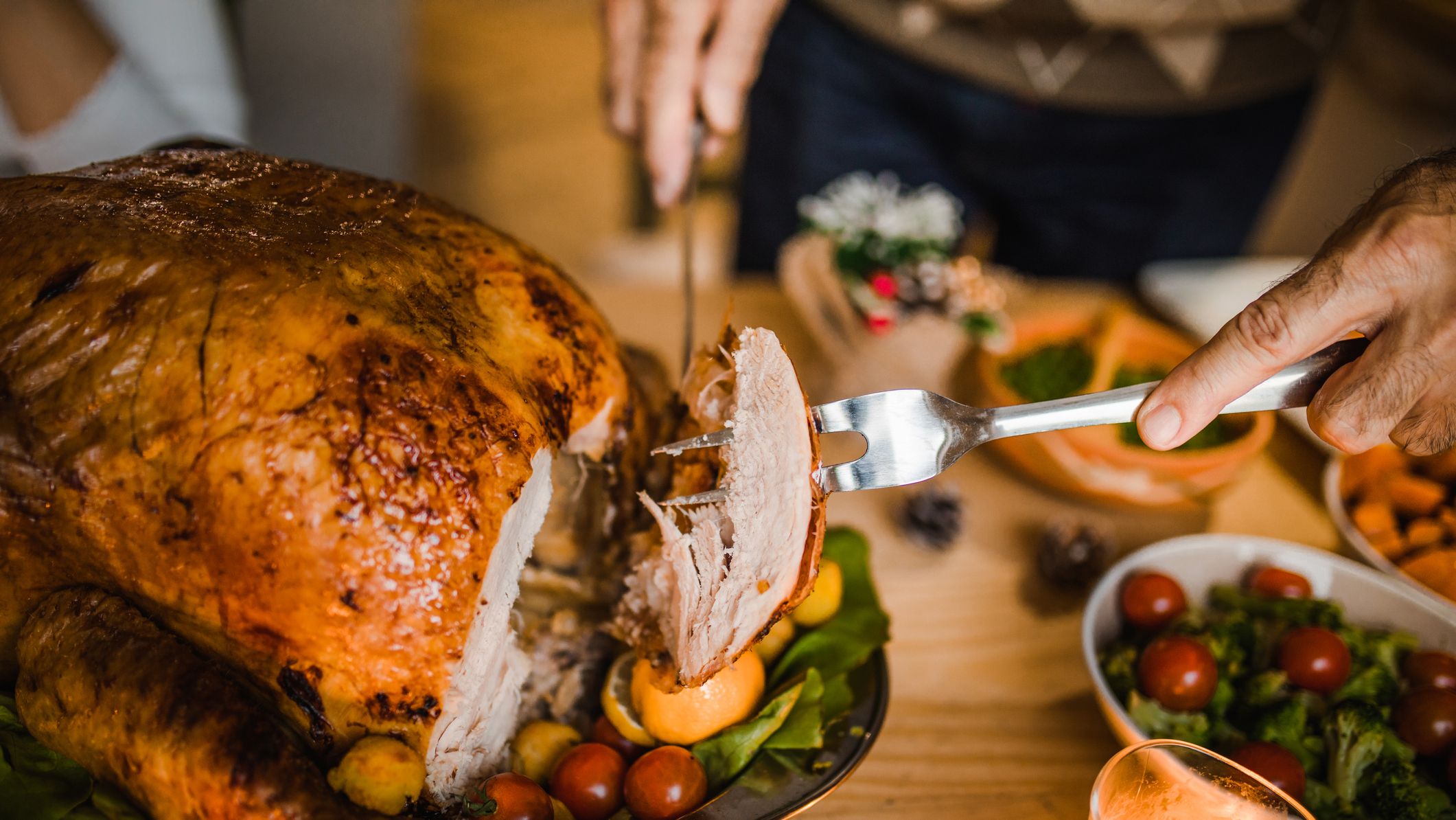


0 thoughts on “How Long Does Cooked Salmon Last In Refrigerator”